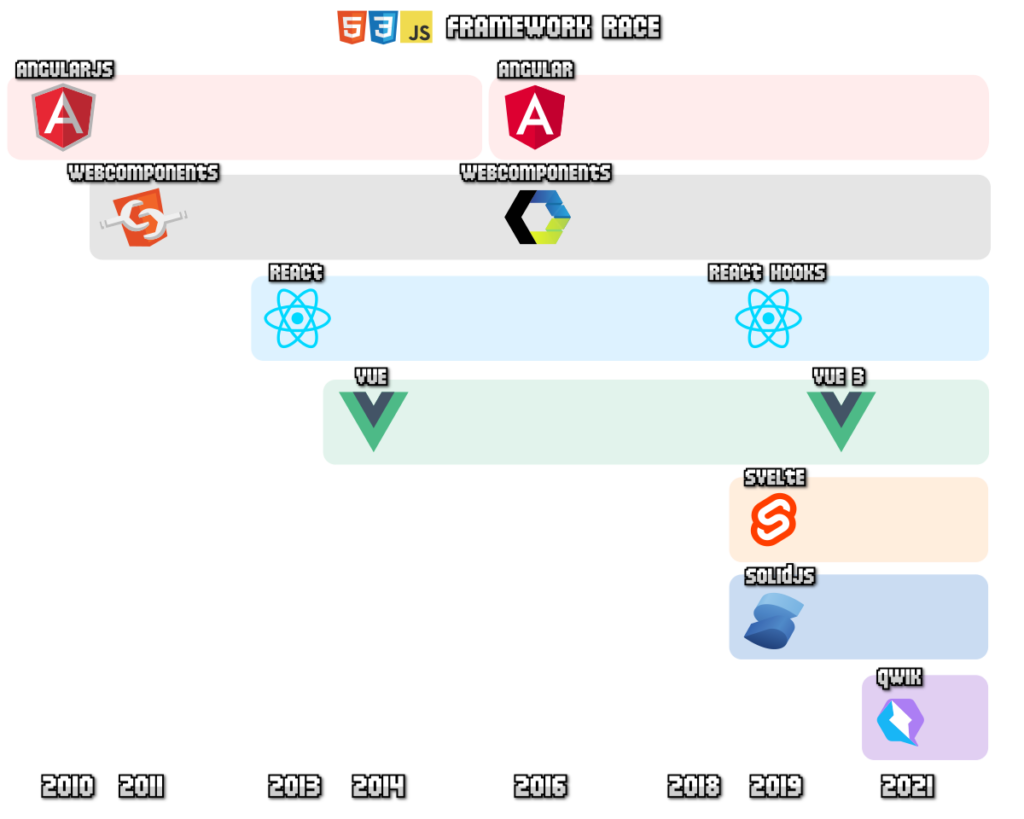Learning programming can seem daunting at first, but with the right approach, it becomes much more manageable. Here’s a comprehensive guide to get you started on the journey to mastering programming, along with some valuable tips and resources to help you succeed.
Choose a Programming Language and Stick With It
Choosing a programming language is the first step in your learning journey. While there are many languages to choose from, it’s advisable to start with one and focus on mastering it before moving on to others. Python is highly recommended for beginners due to its easy-to-learn syntax and versatility. Python’s simple syntax allows you to write code more quickly and understand the logic without getting bogged down by complex rules.
Why Python is a Great Choice for Beginners
Python is popular among newcomers to programming for several reasons:
- Ease of Use: Python’s syntax is straightforward, making it easier to learn and use.
- Large Community: There are extensive resources and a large community to support beginners.
- Versatility: Python is used in various fields such as web development, data analysis, and artificial intelligence.
By starting with Python, you can build a strong foundation in programming concepts which will be transferable to other languages in the future.
Start With the Basics
Before diving into complex programming tasks, master the basics. Focus on fundamental concepts such as:
- Variables: Understanding how to store and manipulate data.
- Data Types: Familiarize yourself with different data types such as integers, strings, and lists.
- Control Structures: Learn about loops, conditionals, and functions.
Building a strong understanding of these basic concepts is crucial for progressing to more advanced topics. It provides a solid framework that you can build upon as you advance in your programming career.
Practice Coding Regularly
One of the most effective ways to learn programming is through hands-on practice. Try to code as often as possible. Begin with simple programs and gradually tackle more complex projects as you gain confidence.
How to Practice Coding Effectively
- Start Small: Write small programs like a basic calculator or a to-do list app.
- Challenge Yourself: As you become more comfortable, try solving coding challenges and participating in coding competitions.
- Consistency is Key: Practice coding regularly to reinforce your learning and improve your skills.
Utilize Online Resources
The internet offers a wealth of resources for learning programming. There are numerous free courses, tutorials, and forums available online. Some popular platforms include:
- Codecademy: Offers interactive coding lessons in various programming languages.
- Udemy: Provides a wide range of programming courses, both free and paid.
- Coursera: Features courses from top universities and institutions.
These resources can provide structured learning paths and practical exercises to enhance your programming skills.
Join a Programming Community
Connecting with other programmers can greatly benefit your learning experience. Joining a community allows you to ask questions, receive feedback, and collaborate on projects. Some notable communities include:
- Stack Overflow: A question-and-answer site for programming-related inquiries.
- GitHub: A platform for hosting and reviewing code, and collaborating on projects.
Being part of a community not only helps you get support but also keeps you motivated and engaged in your learning journey.
Build Projects
Building real-world projects is one of the best ways to solidify your programming knowledge. Start with small projects and gradually work on more complex ones. Here are some project ideas to get you started:
- Simple Calculator: A basic program to perform arithmetic operations.
- To-Do List App: An application to manage tasks and deadlines.
- Personal Website: Create a website to showcase your portfolio or resume.
Working on projects helps you apply what you’ve learned and understand how different programming concepts come together in a practical setting.
Break Down Problems
Programming is essentially about problem-solving. When you encounter a challenging problem, break it down into smaller, manageable parts. This approach simplifies the problem and makes it easier to tackle. By dividing tasks, you can address each component individually and piece them together to solve the larger problem.
Steps to Break Down Problems
- Identify the Problem: Clearly define what needs to be solved.
- Divide into Smaller Tasks: Break the problem into smaller, manageable tasks.
- Solve Each Task: Address each task separately and test it individually.
- Combine Solutions: Integrate the solutions to solve the overall problem.
Read Other People’s Code
Reading and analyzing code written by others is a valuable way to learn programming. By examining open-source projects on platforms like GitHub, you can see how different programming concepts are implemented in real-world applications. This practice exposes you to different coding styles and techniques, which can enhance your own coding skills.
Learn from Mistakes
Making mistakes is a natural part of the learning process. Don’t be afraid to make errors and learn from them. Each mistake is an opportunity to improve and refine your skills. Take the time to understand what went wrong and how you can prevent similar issues in the future.
Embracing Mistakes
- Reflect on Errors: Analyze what caused the mistake and how to correct it.
- Seek Feedback: Ask for feedback from peers or mentors to gain different perspectives.
- Apply Lessons Learned: Use the insights gained from mistakes to improve your coding practices.
Get Feedback
Obtaining feedback on your code is crucial for growth. Share your code with others, such as mentors, peers, or online communities, and request constructive criticism. Feedback can help you identify areas for improvement, learn new techniques, and enhance your programming skills.



